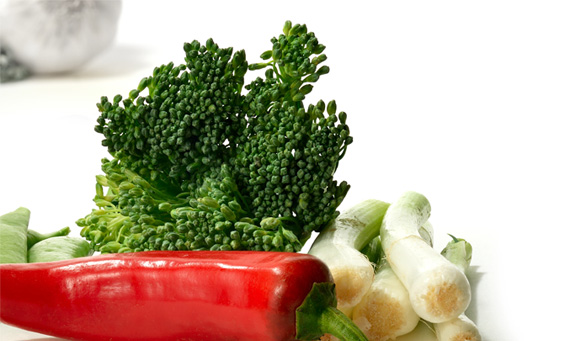Small WordPress plugins: why WPChef likes them
We like small WordPress plugins. By this we mean the simple ones with focused functionality. We believe it’s more logical to use them (and create) than the larger, all-in-one plugins. In this article we explain why.
As you know the more complex a device is, the more points of failure it has. WordPress plugins are not exceptions to this rule and are affected the same way.
WordPress is similar to a Lego set
Let’s say you’re playing with Legos. You use small blocks to build a car. When you need to add a roof to it, you simply find a block large enough and use it. When you need to make an ambulance out of your Legos, you simply take the right color blocks and install them on the roof imitating the alarm lights.
Your WordPress site is similar to a Lego set. It is built of different construction blocks. The main ones are WordPress plugins. When you build your WordPress site, you simply pick a needed plugin and install it on your site as a construction block. The problem with WordPress plugins is when you only need alarm lights you often additionally get a plow, a sonar, and a laser beam as a bonus. And now instead of just saving people you can fight against aliens 🙂 (which is not quite the same thing because aliens can be humanoids too).

Small WordPress plugins vs large ones
Unfortunately a lot of WordPress developers try to stuff their plugins with as much functionality as possible and often with a great plugin you also get features you don’t really need.
In the table below we summed up pros and cons of large and small plugins.
| Large WordPress plugins | Small WordPress plugins | |
| Complexity of development and maintenance | High | Low |
| Speed of support | Low | High |
| Chances of bugs | High | Low |
| Chances 0f security issues | High | Low |
| Focus on details | Low | High |
| Easiness of user interface (settings) | Low | High |
| Chances 0f performance issues | High | Low |
| Chances of flawless updates | Lower | Higher |
| Ability to replace a feature with a better one | N/A | Built-in |
| Time spent by the end-user to find all needed functionality | Low | Low with WPChef |
As you can see, small plugins are superior by all parameters (of course we’re measuring here by average values and there are always exceptions).
So why do developers like to make large all-in-one plugins and users don’t mind using them? Here are the main reasons:
- Full featured plugins look better in terms of marketing. A user gets everything at once. Each feature is an additional selling point. This is a regular consumer behavior.
- All-in-one plugins are usually time savers. When you choose between installing everything you need at in one package and searching through the entire WordPress directory to find needed plugins, you are likely to choose the former option.
- With all-in-one plugin there are chances that you will get something you need that you didn’t think about before.
These arguments look pretty convincing despite of all the information we listed in the table above. You might ask now: is there a way out of this dead-end? The answer is YES: this is exactly where WPChef makes things easy.
WPChef has a solution!
WPChef introduces recipes. You can think of a recipe as a collection of plugins (and other important WordPress objects) that can be installed altogether in one click. As you might have guessed already, installing a recipe doesn’t take any time to search through all plugins in it: they have already been found, tested, effectively set up and packaged together into a recipe. By installing a WPChef recipe, you are getting all the advantages of both large all-in-one plugins and the small more focused ones. At the same time you get rid of all disadvantages of them. We’re happy to have found a solution to this difficult situation in the world of WordPress plugins and encourage you to give this approach a try!

